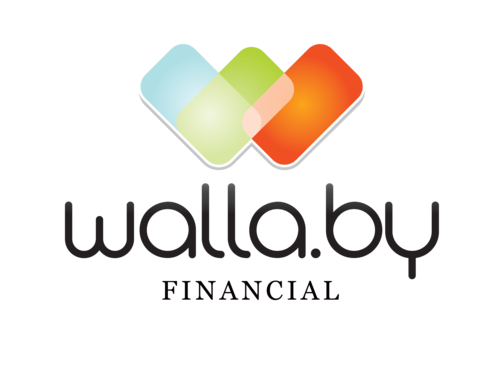Why I Started Wallaby

About one-and-a-half months ago, I wrote a blog post entitled “Don’t Start a Company to Be Your Own Boss” It had better coverage than I expected, gaining some noticed on HackerNews. Because that post focussed on a reason not to start a company, a couple of people asked me to write about why I did start Wallaby.
I actually did write about this a bit before, in “Obligatory Why I Left My Job to Start a Blog Post” That’s not quite the same. I would also point really curious reader’s at Lori Koslowski’s excellent interview with me in Forbes.
Fundamentally, there are two reasons I started Wallaby.
One: To help regular people save money.
Two: The idea of the Wallaby Card was too compelling to ignore.
At its core, Wallaby is about saving money. (To me, maximizing rewards is equivalent to saving money.) There are tools like Mint or Quicken that have done a great job helping consumers to understand how they are spending money. In the end, they provide charts and relatively prosaic advice about spending. For example, they might tell you to spend less at Starbucks on coffee.
Similarly, we all get advice that instead of going to Starbucks and buying a mocha-frappa-latte-spice, we should probably be out exercising. (Kudos to those of you who are doing this!) All this advice aside, people are probably not going to do any of these things. Most likely, people will still go to Starbucks and buy a $4 coffee.
The lesson here is that changing behavior is really hard. It’s unlikely I can convince you to run instead of buying Starbucks or even to brew Folgers at home instead of buying Starbucks. What I can do, which requires a lot less change in your behavior as a user, is to help you pick the right way to pay, when you are out buying coffee (or other things).
Banking is complicated. Banks do not proactively try to make banking more simple for users. It is often to their advantage (or simply required by lawyers and regulatory frameworks) to make things complicated. If you’re an average American with 3 or 4 credit cards picking one card over another can have a big affect.
One card might save you 5%. Another card might have a big fee if you make just more charge. A third card might provide a great warranty extension that will save you $100 if your TV breaks. That’s a lot of information of which to keep track. The core idea behind Wallaby is to help a user to always make the right choice, based on his or her individual wallet and preferences.
The Wallaby Card is the way to do this. Our software, even before the general release of the card, is already helping tens of thousands of people to save money.
Great, so now we have the why of the idea. That only goes so far. I’ve received dozens of e-mail messages since starting Wallaby from people who want me to know that they came up with the idea for Wallaby years ago. Nice, but they didn’t do anything about it. Today, we have our fair share of competitors. To paraphrase one of my wise angel investors: There might not be any brand new ideas in the world, but it’s about how you execute on them.
To address the second reason I started, we have to look at why the Wallaby Card made me leave my comfortable job.
I consider myself a lifelong entrepreneur and business person. I have worked for companies of all sizes (employee #1 and one of 300,000 employees). Throughout my life I have come up with many business ideas that seem amazing at first. Typically, within 90 days or so, I have found a solid competitor or a list of reasons why my compelling idea isn’t that compelling.
That clearly wasn’t the case with Wallaby. Wallaby speaks to a benefit to consumers that I really believe in. There wasn’t anybody doing this product when I started the company (to my knowledge). I knew that this was the opportunity for me to take. I had the savings, the network and the family support to take the plunge into full-time adult entrepreneurship. (Starting a company with a mortgage, one kid and a pregnant wife is substantially different that starting a company in high school or college.)
I knew that if I didn’t start Wallaby I would always wonder “what if” and would have regrets. I would be one of the people e-mailing a startup saying that I had that idea back in the day.
It’s too early to know how Wallaby will turn out, but I stand by the reasons I started the company and I am loving every day of it.

